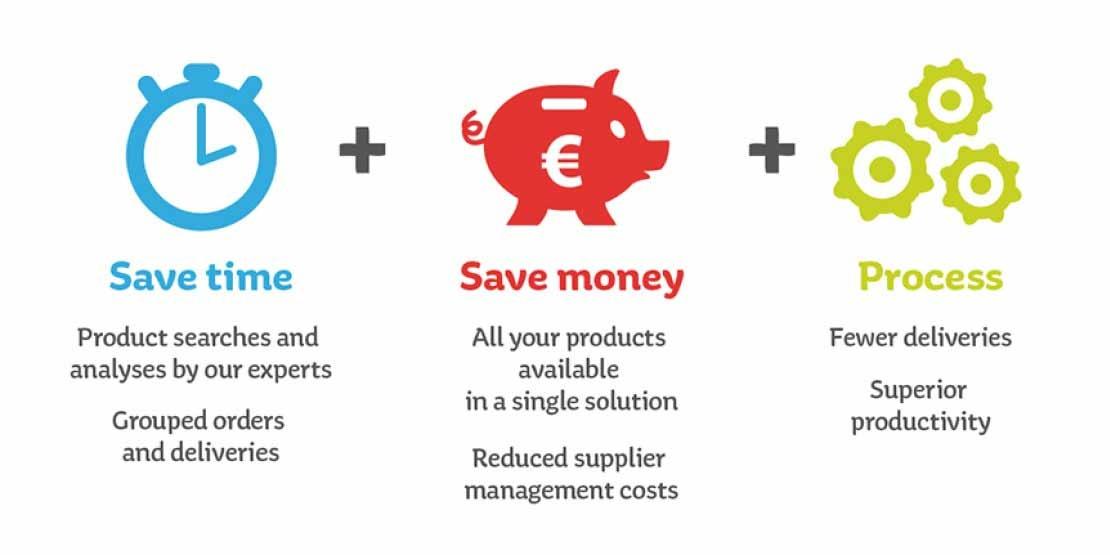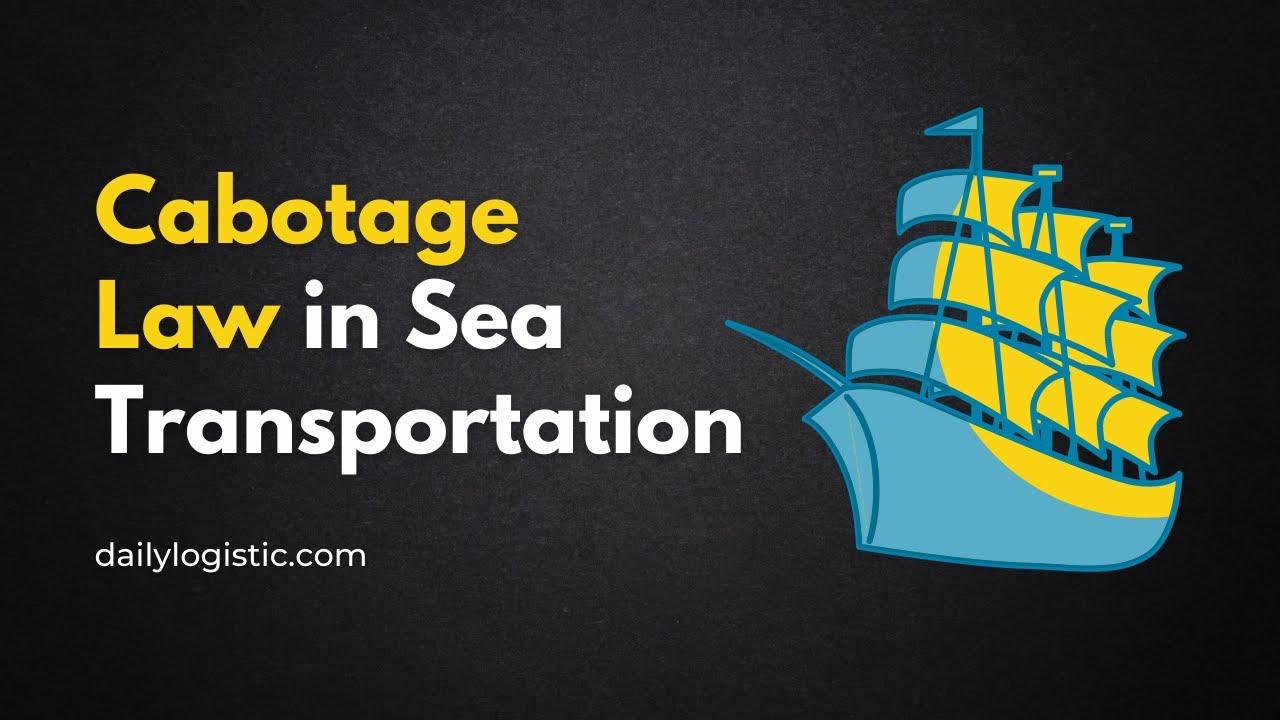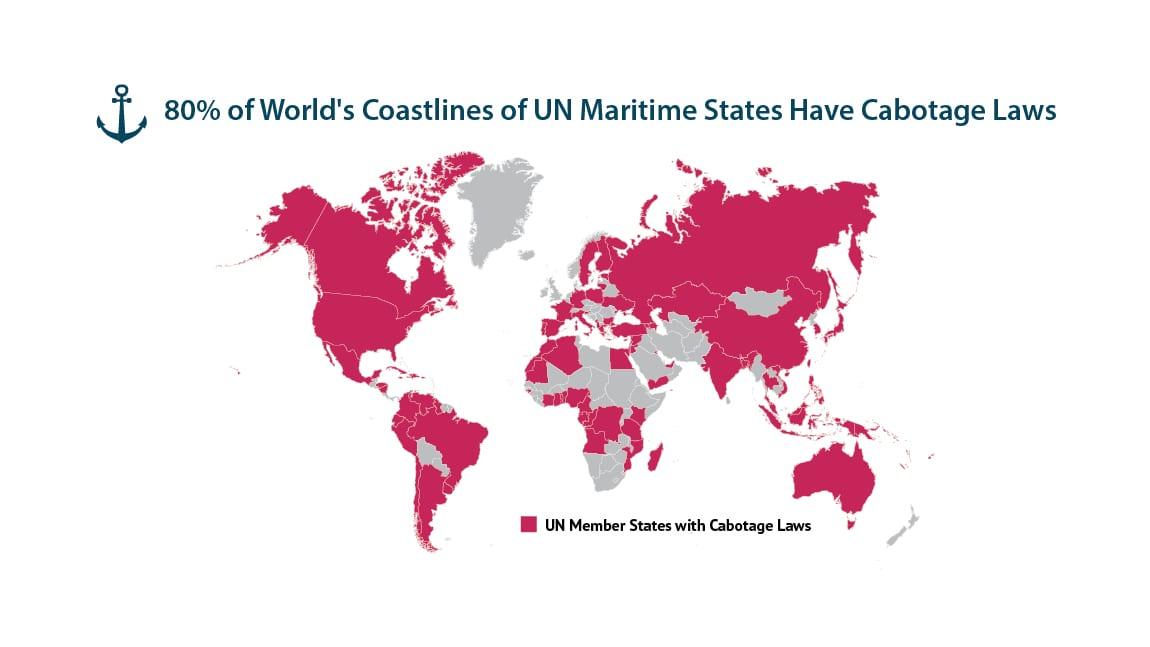Nestled within the intricate web of global supply chain networks lies the concept of Cabotage Logistics – a dynamic and often overlooked component of the transportation industry. From the seamless movement of goods across borders to the strategic coordination of shipping routes, Cabotage Logistics plays a crucial role in facilitating international trade. Join us as we delve into the world of Cabotage Logistics and uncover the hidden gems of this essential sector.
Understanding Cabotage Regulations in Logistics
Cabotage regulations in logistics play a crucial role in governing the transport of goods within a country by foreign carriers. Understanding these regulations is essential for businesses involved in international shipping and transportation.
Some key points to consider when dealing with cabotage regulations include:
- Restrictions: Each country has its own set of rules and restrictions regarding cabotage, which can impact the movement of goods.
- Compliance: It is important for companies to ensure they are compliant with cabotage laws to avoid penalties or disruptions in their supply chain.

Streamlining Cabotage Operations for Efficient Transport
Efficient cabotage operations are crucial for the smooth functioning of transportation services. By optimizing processes and logistics, companies can ensure timely delivery of goods and maximize their operational efficiency. One way to streamline cabotage operations is to utilize advanced technology, such as GPS tracking systems, to monitor shipments in real-time. This allows companies to identify any potential issues and take proactive measures to address them, ensuring a seamless transport process.
Another key aspect of efficient cabotage operations is proper route planning. By analyzing traffic patterns and optimizing routes, companies can minimize travel time and fuel consumption, ultimately reducing costs and improving overall efficiency. Additionally, implementing a centralized hub for managing cabotage operations can help streamline communication and coordination between various stakeholders, leading to a more organized and efficient transport process.

Navigating Cabotage Laws for Smooth Shipping Processes
Shipping goods internationally can be a complex process, especially when navigating cabotage laws. Understanding these regulations is crucial for ensuring a smooth shipping process. Cabotage laws govern the transportation of goods between ports within a country by foreign-owned ships. Failure to comply with these laws can result in fines and shipment delays.
When shipping internationally, it’s important to work with a knowledgeable logistics provider who understands cabotage laws in the countries you are operating in. By partnering with experts in cabotage logistics, you can ensure compliance with regulations and avoid costly mistakes. Additionally, utilizing modern tracking technology can help you stay informed about the status of your shipments and ensure they reach their destination on time. Stay ahead of the game and streamline your shipping processes by mastering the intricacies of cabotage laws.

Best Practices for Maximizing Cabotage Benefits in Logistics
When it comes to maximizing cabotage benefits in logistics, there are a few key best practices that can help streamline operations and increase efficiency. One important practice is to optimize route planning to minimize empty legs and maximize the utilization of vehicles. By carefully planning routes and consolidating shipments, companies can reduce costs and improve overall profitability. Another best practice is to leverage technology and data analytics to track vehicles, monitor fuel consumption, and optimize delivery schedules. By harnessing the power of technology, companies can make data-driven decisions that lead to more efficient operations.
Furthermore, establishing strong partnerships with local carriers in each region can be beneficial for cabotage logistics. By working closely with local carriers, companies can gain access to specialized knowledge of the local market, navigate regulatory challenges, and improve delivery times. Additionally, providing ongoing training and support to drivers can help ensure compliance with cabotage regulations and promote a culture of safety and professionalism. By implementing these best practices, companies can unlock the full potential of cabotage benefits in logistics and drive success in the competitive shipping industry.
Future Outlook
In conclusion, Cabotage logistics plays a crucial role in the transport and shipping industry, providing efficient and cost-effective solutions for moving goods within a country’s borders. By understanding the regulations and leveraging technology and innovation, businesses can optimize their supply chain operations and stay competitive in today’s global market. With its emphasis on sustainability and reliability, Cabotage logistics is sure to continue shaping the future of transportation and trade. Thank you for exploring this important aspect of the shipping industry with us. Stay tuned for more insights and updates on the ever-evolving world of logistics.
